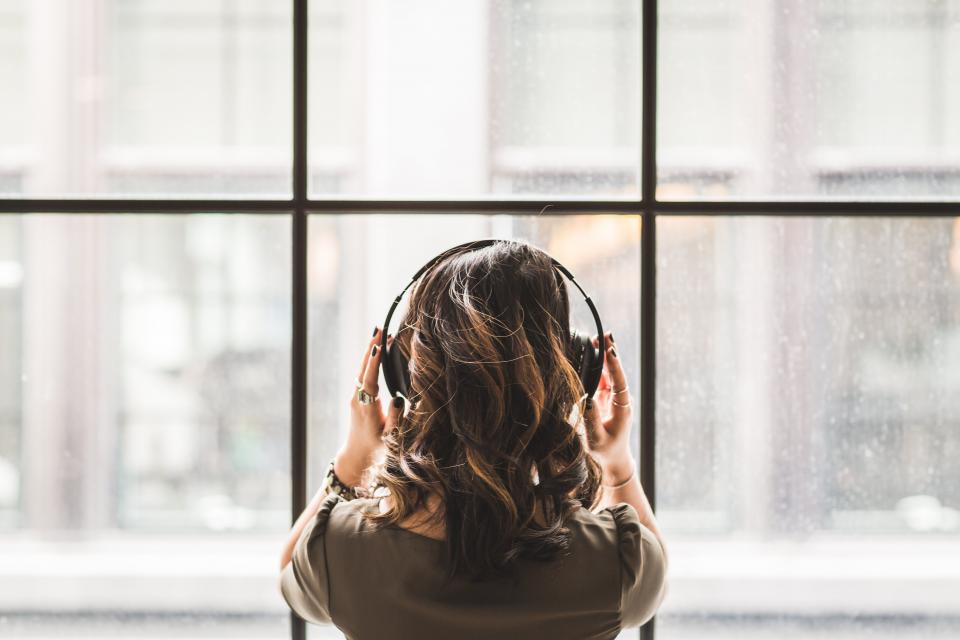
- Inspiring People -
- 3mins -
- 718 views
10 reasons why we should listen to music more
These science-backed reasons sound like music to our ears!
THE HEALTH BENEFITS OF LISTENING TO MUSIC
If you’re a music lover, you probably already know that turning on the tunes can help calm your nerves, make stress dissolve, pump up your energy level during a workout, bring back old memories, as well as prompt countless other emotions too varied to list. Well, we’re going to list ten science-backed reasons anyway.
The medicinal magic of music
1. Music develops children’s social and emotional skills — Babies respond to singing voices and toddlers often dance as soon as they hear music. Research shows music has animpact on the intellectual, social and personal development of children and young people.
2. Music lowers stress and boosts your immune system — Music lowers the level of stress hormone cortisoland increases the level of antibodies, which boosts your immune system. Scientists found that after listening to just 50 minutes of uplifting dance music, the levels of antibodies in volunteers’ bodies increased.
3. Hearing music can ease pain — Studies indicate music reduces the perceived intensity of pain, especially in geriatric and intensive care patients.
4. Music is great for working out — It motivates to run or cycle harder and increases endurance it even helps you recover faster afterwards. Attentional distraction has a positive effect on perseverance in study groups.
5. Listening to music makes you happier — your brain releases dopamine when you listen to music within 15 minutes, from which you can achieve a natural high!

More medicinal magic of music
6. Music works wonders for your memory — Hearing music can help you remember things. For many people suffering from memory loss the spoken language has become meaningless. Music can help patients remember tunes or songs and get in touch with their history. The part of the brain that processes music is located next to memory, so studying becomes easier too.
7. Music relaxes patients before and after surgery — Listening to relaxing music before surgery decreases anxiety, and hearing it afterwards decreases pain and helps you heal faster. Even patients under a general anaesthetic were in less pain when listening to music, researchers found.
8. Listening to music can make you smarter — It can improve brain functions responsible for reading and literacy skills, reasoning, and mathematical abilities. A study evaluated the effects of music sessions using a curriculum designed to enhance the prereading and writing skills of 25 children aged 4 to 5 years. Overall, results demonstrated that music sessions significantly enhanced both groups’ abilities to learn prewriting and print concepts.
9. Music lowers blood pressure — Music affects part of the nervous system that controls blood pressure, heartbeat and brain function. Music slows down or speeds up your heartbeat and breathing, depending on its tempo. Researchers at the University of Arizona measured blood pressure and pain levels in 100 intensive care patients and found that certain types of music were effective at lowering both.
10. Music helps you sleep better — Listening to music affects the parasympathetic nervous system, which helps your body relax and prepare for sleep. Music helps with acute and chronic sleep disorders as well. Choosing a type of music is a personal preference, and you’re most likely to relax while listening to familiar music that you enjoy. But keep this tip in mind: Slow tunes are ideal. Look for a rhythm of about 60 to 80 beats per minute (BPM).


